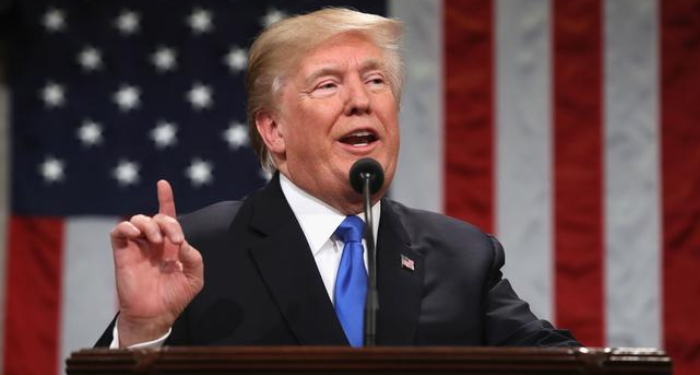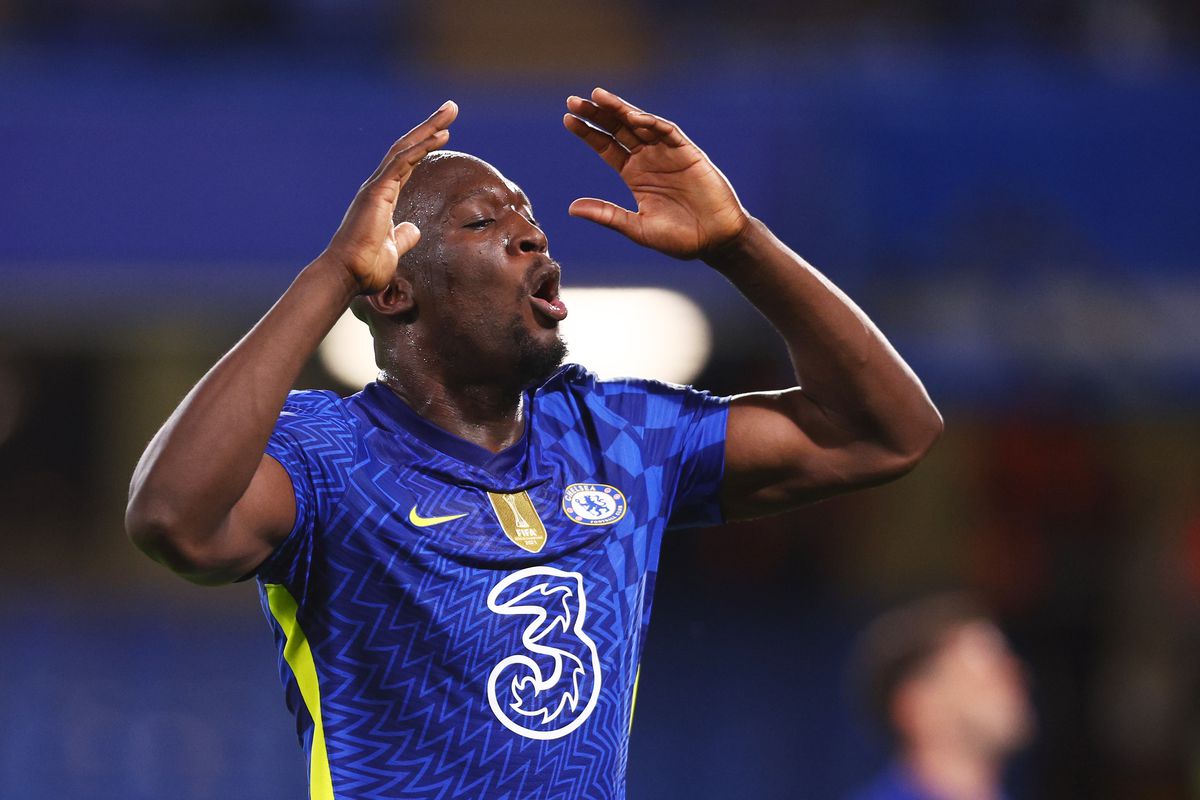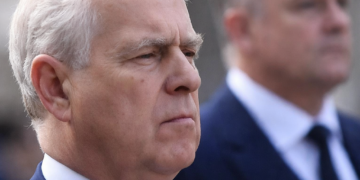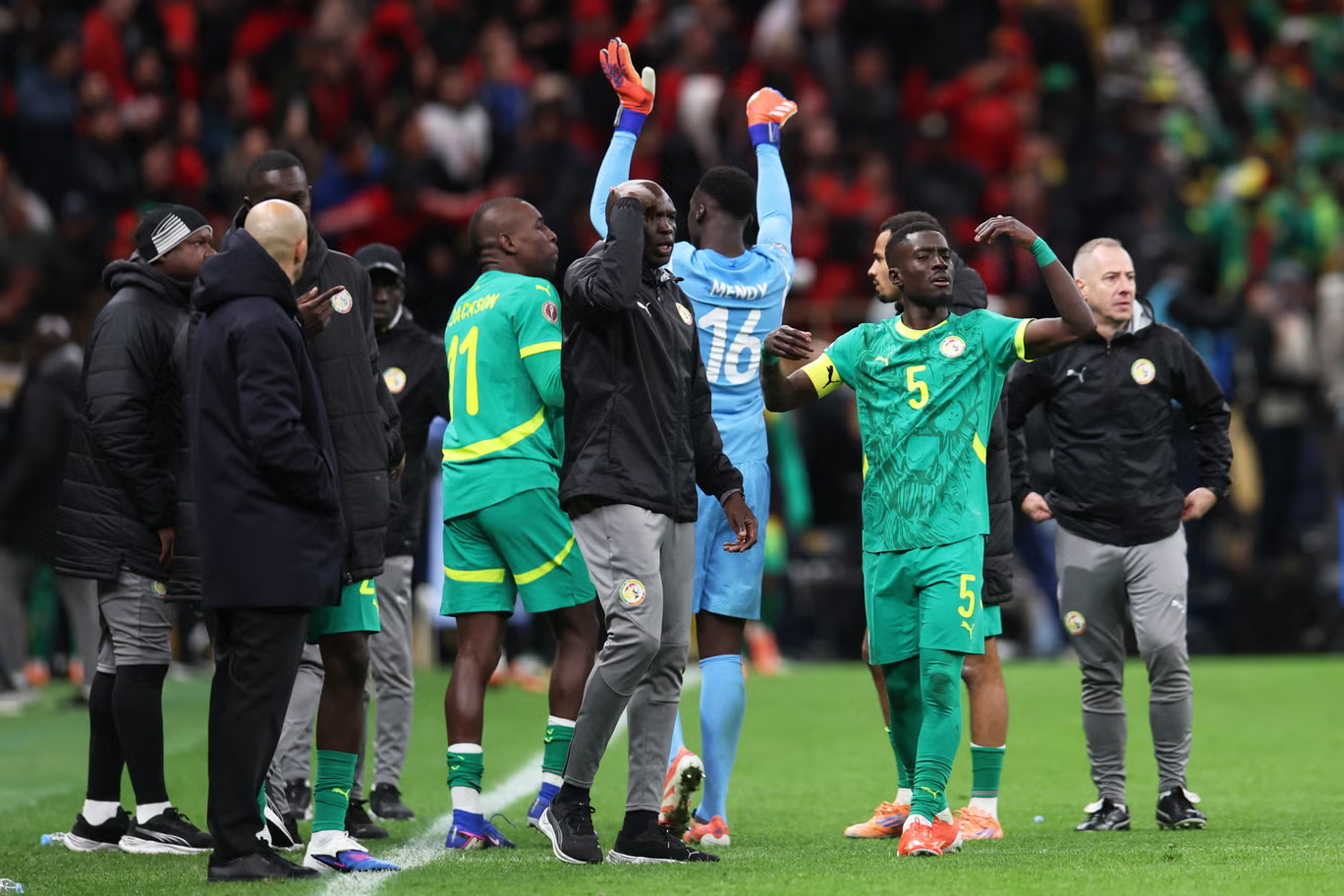Donald Trump has escalated his fight against the media, targeting the BBC with threats of a $1 billion lawsuit over an edited speech that aired just before the 2021 US Capitol events. The president’s legal team claims the broadcaster manipulated footage to make him appear as if he had encouraged violence—a claim that has triggered a major row across the Atlantic.
Trump Targets Media He Deems Hostile
From the first moment, it’s clear that Trump is not playing around. The threat against the BBC is part of a broader effort to control the narrative and intimidate media outlets he sees as biased or hostile. This move signals an alarming trend where public figures use legal threats to try to silence critics, instead of engaging with the content or correcting inaccuracies.
A source close to Trump’s legal team confirmed the letter demanded a retraction and apology by a Friday deadline, emphasizing that the broadcaster had defamed him. “President Trump will continue to hold accountable those who traffic in lies, deception, and fake news,” the statement said. It’s a clear message: anyone who edits, frames, or misrepresents Trump could face severe legal consequences.

The BBC’s Response and Fallout
The BBC’s flagship Panorama program became the latest target after accusations emerged that it intentionally edited Trump’s speech to suggest he made a direct call for violent action on January 6, 2021. The controversy escalated quickly: the director general of the BBC resigned amidst the backlash, and the company promised to review the president’s legal claims.
Critics argue that the BBC’s apology was a minimal step to contain the crisis, but Trump’s aggressive approach shows he intends to leverage every tool to protect his image. The tension between free press responsibilities and political figures’ demands for accountability is now at a boiling point.
Silencing the Press?
Observers are asking whether Trump’s legal threats are about justice or intimidation. By targeting the BBC and potentially other media outlets, he sends a chilling message: if any reporting paints him in a negative light, even if it is slightly misleading, the consequences could be enormous. Many fear this could set a precedent, encouraging other powerful figures to attempt similar control over media narratives.
What This Means for Journalism
For journalists, the Trump-BBC conflict highlights a dangerous tension. The editing of speeches is common in news and documentary production, but legal retaliation by a former president over perceived misrepresentation raises the stakes significantly. Media organizations now face the dual challenge of reporting freely while being wary of powerful figures wielding lawsuits as weapons.
The Bigger Picture
Trump’s campaign against the BBC is more than just a legal matter—it’s a continuation of his long-standing effort to control public perception and punish outlets that criticize him. With the resignation of the BBC director general and the pending legal threat, it is evident that this is not an isolated clash but a signal to all journalists covering Trump: even subtle framing can trigger consequences.
The $1 billion threat and the high-profile resignation make it clear that Trump is not just defending his reputation—he is actively trying to shape the rules of engagement between politicians and the press.
Bottom Line
The BBC confrontation underscores a growing culture where media and politics clash aggressively, and where former President Trump shows no hesitation in confronting outlets he deems unfair. The fight over truth, interpretation, and narrative is far from over, and Trump has made it clear he will go to extraordinary lengths to defend his version of events.

















